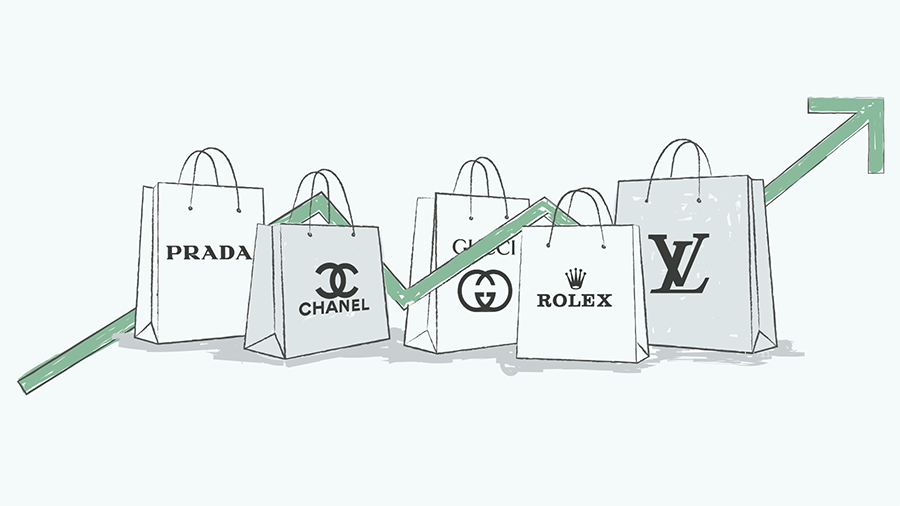 While the ‘main event’ of the Covid pandemic is hopefully over, it too has left us with a rubble heap of challenges, like the current cost-of-living crisis.
While the ‘main event’ of the Covid pandemic is hopefully over, it too has left us with a rubble heap of challenges, like the current cost-of-living crisis.
An overheated economy, a tight labour market pushing up wages, supply chain shortages and an extraordinary squeeze in energy prices have pushed inflation to a 30-year high of 5.4% in the UK, hitting everything from the price of a Nando’s quarter-chicken to a new sweater from Next. It is widely expected to get worse before it gets better.
Many people have risen to senior positions in business without having lived and worked through periods of higher inflation, or the uncertainty it brings.
This isn’t just a question of how high the inflation will go or how long it will last (indeed, opinion among economists is divided over how ‘sticky’ this will be). There’s also uncertainty about how consumers will react to it.
That’s because prices are rising unevenly, and reduced purchasing power affects different people in different ways. For example, those in deprived areas tend to spend a higher proportion of their income on energy and heating, so the gas and electricity price hike has bitten into their disposable income far more than for people in more affluent areas.
Increases in heating prices don’t allow people much discretion – although we have sadly seen households forced to endure the cold because they simply can’t afford to heat their homes, usually higher energy prices will translate into a reduction in spending power for other things, like food.
Where there is discretion, people respond to inflation differently. Some consumers eat the additional cost (voluntarily or otherwise), buying less of the same things or reducing their savings rate. Others will transfer their spending to lower-cost items or activities.
Discounting: the obvious winner
Some businesses are therefore obvious winners in times of falling purchasing power. One would expect lower-cost grocers like Aldi and Lidl to gain market share from rivals perceived as being more expensive, particularly among consumers who already shop at these stores sometimes.
Luxury: a counter-instinctive winner?
Hear us out. While luxury took an enormous hit during Covid – the sector as a whole saw a 23% decline in global sales in 2020, according to Bain – it has recovered, even if Europe may take another couple of years to reach 2019 levels again.
More to the point, luxury firms by definition have substantial pricing power – they are able to raise prices without necessarily losing their competitive edge, as the likes of LVMH did in 2020 (average prices rose by 5% across the group in 2020), a privilege that firms selling commoditised goods lack.
Then there’s the counter-instinctive appeal of high-end goods during hard times. People buy luxury for various reasons. Status is one of them, fashion is another, but so is quality – and quality implies longevity.
Rather than buy a pair of cheap shoes every year, for example, you may decide that it’s actually better value in the long run to get one ‘decent’ pair that will last you. As a friend’s grandad puts it, “I can’t afford to buy cheap”.
Of course, this may not play out. People may be unable to make large purchases, and they may not be able to get over the perception that luxury is the opposite of value. But that’s uncertainty for you.
If we do see a push for quality goods, it could well be a good thing, in the long run. While great strides have been made to improve the recyclability of goods and packaging, there is something fundamentally incompatible between throwaway capitalism and sustainability. The more something can be reused, the less you need to depend on recycling to compensate.
Indeed, this could actively feed back into demand for luxury, if high-end firms are able to position themselves as the green option to sustainability-minded consumers. We’ll watch the market with interest.
















